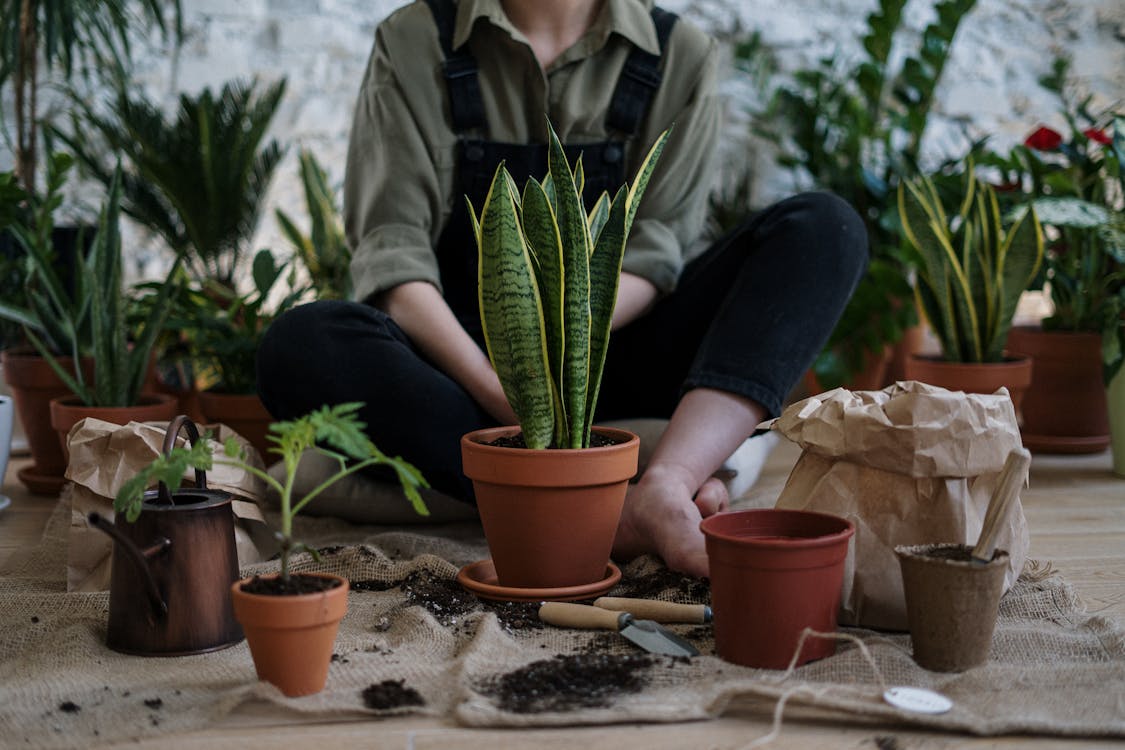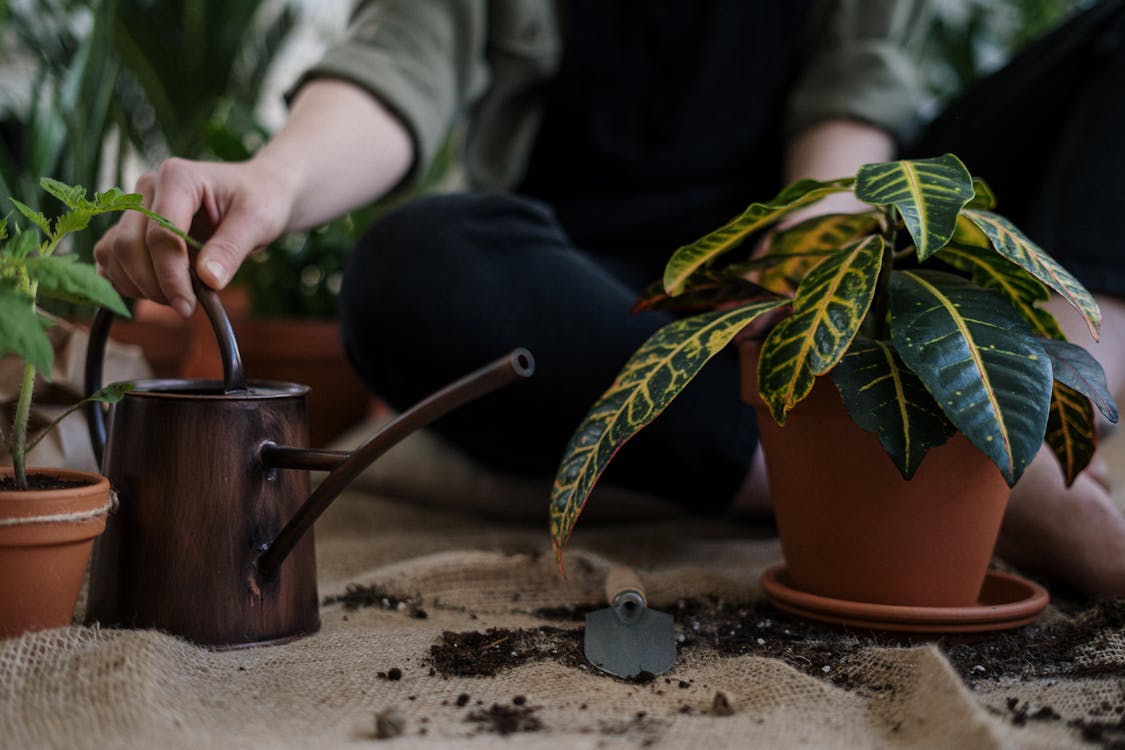The Benefits of Gardening for Mental Health and Well-Being
Gardening has long been a cherished pastime for many, but did you know that it offers significant mental health benefits as well? In recent years, studies have increasingly highlighted how this soothing activity can enhance mental well-being. From reducing stress to boosting self-esteem, gardening is much more than a way to grow plants—it's a powerful tool for enhancing mental health.

Stress Reduction
One of the most notable benefits of gardening is its ability to reduce stress. Engaging with nature helps lower cortisol levels, the hormone associated with stress. The rhythmic actions of planting, weeding, and watering plants provide a meditative effect, allowing individuals to unwind and focus on the present moment. The peaceful environment of a garden, with its natural sounds and scents, creates a serene escape from the hustle and bustle of daily life.

Improved Mood
Gardening has been shown to improve mood and combat symptoms of depression. Exposure to sunlight increases the production of serotonin, a hormone that boosts mood and promotes a sense of well-being. Additionally, the act of nurturing plants and watching them grow provides a sense of accomplishment and purpose. This can be especially beneficial for those struggling with depression, as it offers a tangible and rewarding activity.
Physical Exercise
While it may not seem like a rigorous workout, gardening involves a fair amount of physical activity. Tasks such as digging, planting, weeding, and watering require movement and effort, which can improve physical health. Regular physical activity is known to reduce anxiety and depression by releasing endorphins, the body's natural feel-good chemicals. Moreover, the gentle exercise provided by gardening is accessible to people of all fitness levels, making it an inclusive way to stay active.
Mindfulness and Focus

Gardening encourages mindfulness, a practice that involves paying full attention to the present moment. Being mindful while gardening means focusing on the colors, textures, and scents of the plants, as well as the feeling of the soil and the sounds of nature. This can help reduce negative thoughts and anxiety. Mindfulness is known to improve overall mental health, and gardening provides a natural and enjoyable way to practice it.
Social Connections
Gardening can also foster social connections. Community gardens, in particular, offer opportunities to meet new people and develop friendships. Social interaction is crucial for mental well-being, and gardening provides a common interest that can bring people together. Whether sharing tips, trading plants, or simply enjoying each other’s company, the social aspect of gardening can help reduce feelings of loneliness and isolation.
Cognitive Benefits

Engaging in gardening activities can have cognitive benefits as well. It requires planning, problem-solving, and creativity, which can keep the mind sharp. Gardening can also be a form of learning, as it involves understanding different plants' needs, weather patterns, and soil conditions. These mental challenges stimulate the brain and can help delay cognitive decline in older adults.
Boosted Self-Esteem
Completing gardening tasks and seeing the fruits of your labor can significantly boost self-esteem. The sense of achievement that comes from growing and nurturing plants can enhance feelings of self-worth. For individuals who may struggle with low self-esteem or confidence, gardening offers a tangible and positive outcome that they can take pride in.
Connection with Nature
Finally, gardening provides a vital connection with nature. Spending time outdoors has been linked to numerous mental health benefits, including reduced symptoms of anxiety and depression. The natural environment has a calming effect and can help individuals feel more grounded and connected to the world around them.
Conclusion

Gardening is a multifaceted activity that offers a wide range of mental health benefits. From reducing stress and improving mood to providing physical exercise and fostering social connections, the advantages are numerous. Whether you have a spacious backyard or a small balcony, incorporating gardening into your routine can enhance your mental well-being and bring a sense of joy and fulfillment. So, grab a shovel, plant some seeds, and watch your mental health blossom alongside your garden.
By incorporating gardening into your lifestyle, you can reap the mental health benefits while enjoying the beauty and satisfaction of growing your own plants. Whether you're a seasoned gardener or just starting out, the journey of gardening offers a path to better mental well-being

 Cricket Score Counter
Cricket Score Counter Heads or Tails
Heads or Tails
You have not logged in, please Login to comment.